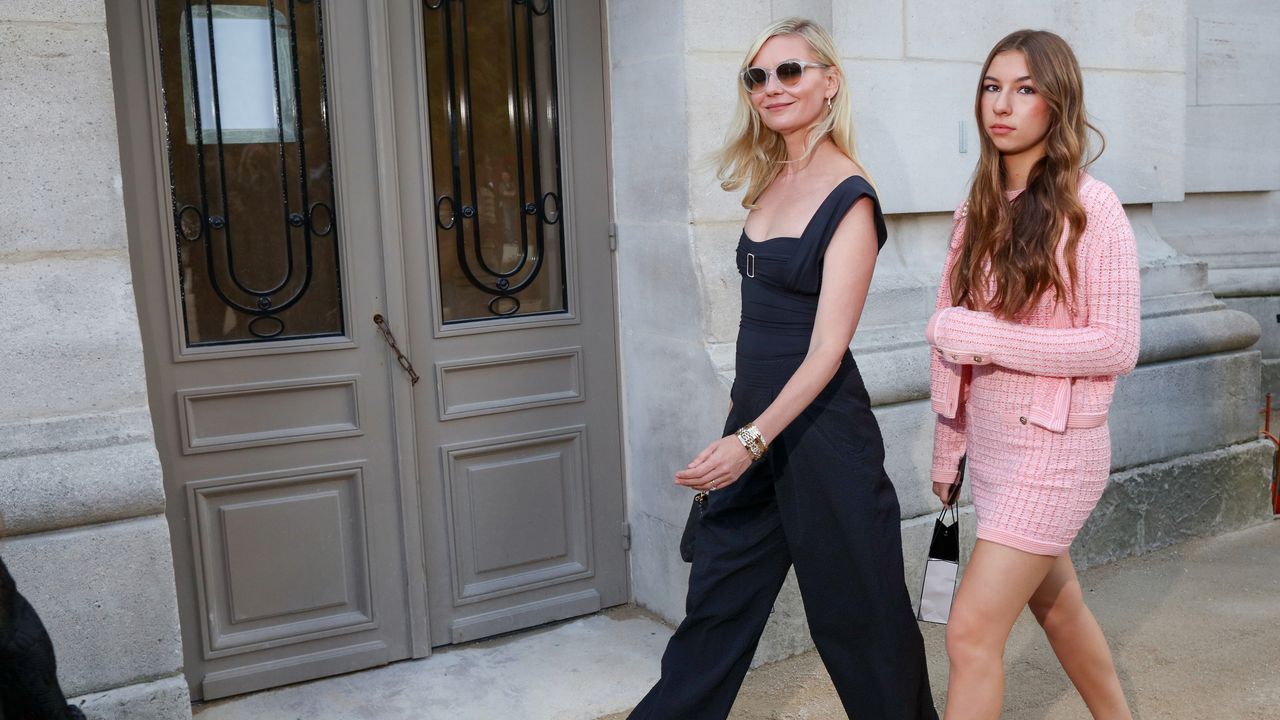Matthieu Blazy, the new man at Chanel, is continuing the house tradition of showing pre-collections on the road. He’s chosen to present his first Métiers d’Art lineup in New York City. Chanel love runs deep when- and wherever the runways are…
Chanel in Street Style—In Advance of Matthieu Blazy’s First Show in New York
